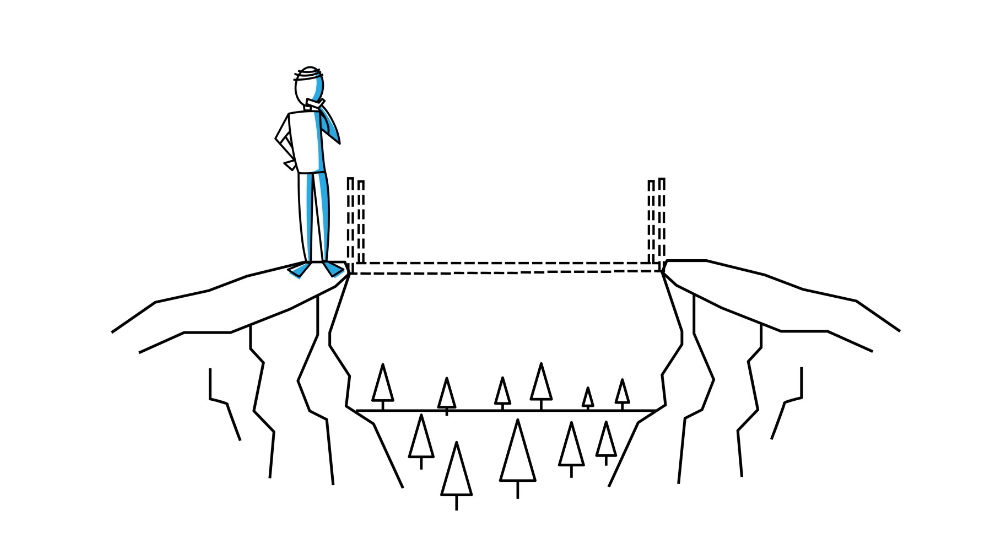One thing that every disciple needs to be equipped in is to have eyes to see where the kingdom isn’t. Now that sounds kind of strange. We’re naturally wired to look at what is. Our eyes are drawn to what is, not to what isn’t. But we need to develop eyes to see where the kingdom isn’t.
One thing that every disciple needs to be equipped in is to have eyes to see where the kingdom isn’t.
When we pray the Lord’s Prayer, we pray, “Thy kingdom come, thy will be done on earth as it is in heaven”. So when we pray that, we’re acknowledging that there’s a gap between what is and what is not yet. And as citizens of the kingdom, as subjects of the kingdom, our job is to be concerned with closing that gap.
God has favorites. His favorites are the last, the least, and the lost.
When we read in the Old Testament, it may seem odd that He spends so much time talking through the prophets about how people treat orphans and widows and aliens. He’s highlighting the need to care for those who need the most care.
We need to be concerned for where the gospel is least accessible. God loves the humble. We’re told God opposes the proud, but gives grace to the humble. This concern for the last, the least, and the lost … that is having eyes to see where the kingdom isn’t.
This concern for the last, the least, and the lost … THAT is having eyes to see where the kingdom isn’t.
Now one way we can begin to do this is with maps. I love maps. So maybe in an area we can put a map up and indicate every place on it where a church is planted for example, and then look not at where those points are but look at the blank spaces, because the blank spaces indicate where we still need churches. Once people begin to think geographically like this, then it’s easy to add other ways for them to look at it. So in other words, we can start talking about socio-economic groups or ethno-linguistic groups and so on.

Who are the people who need the good news of the kingdom more than anyone else. Where are those people? I live in a place where it’s all English speakers. Literally in our county, it is 99.8% of two people groups: African Americans and white Americans.
But not too far away, there’s a town that has a lot of people groups. So if I go there, I would be kind of un-interesting from the kingdom perspective because I’m a white English speaker. There’s lots of people like that, there’s lots of churches for people like that. But if you discovered that I spoke Chinese, suddenly I have become very interesting because there are a lot of Chinese in this town that’s not too far away, and there’s only one little congregation of Chinese speaking believers.
So the Chinese that live in that place are one of the least reached peoples in our whole area. So suddenly I become very interesting because I’m a potential bridge into that community.
We need to equip every believer to have these kind of eyes looking for opportunities to enter new places, new people groups, to meet the greatest needs, so that God’s will will be done on earth as it is in heaven.
More Multiplication Concepts
This concept is part of the “Multiplication Concepts” series by Curtis Sergeant. Consider working through the entire series and challenging someone you know to do it with you. See an entire list of the concepts in the article titled “Multiplication Concepts”.
This same concept is taught in the Zúme Training course using video animation and is translated into 40 languages. See the training Eyes to See Where The Kingdom Isn’t.
Zúme Training is an on-line and in-life learning experience designed for small groups who follow Jesus to learn how to obey His Great Commission and make disciples who multiply.
